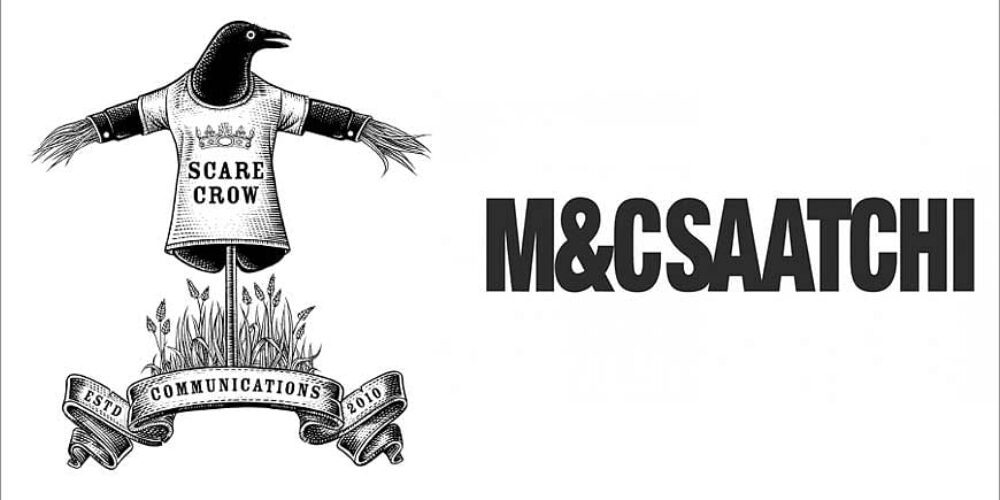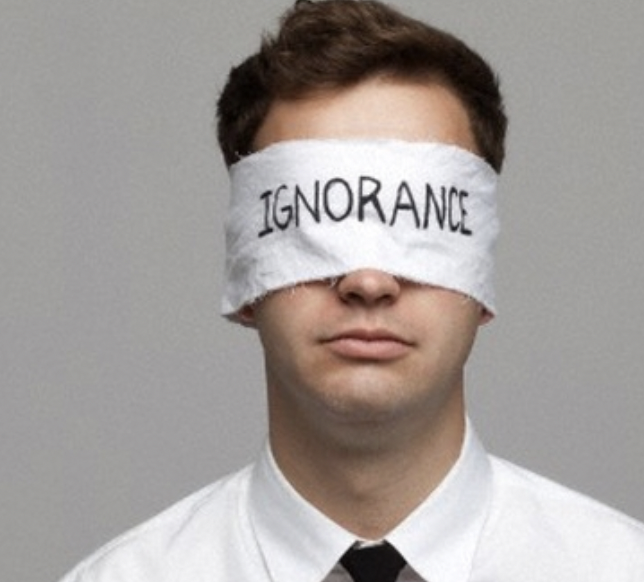This really happened.
And it’s a huge problem.
The generation of students entering advertising have little idea about the legends of the industry.
Even more worrying is, many of them have no idea about what constitutes great work.
As a result, bad work often passes off as ‘great’ just because someone said so.
The ‘someone’ could be a client who wanted a hard-working ad and got it.
Or a fresh-out-of-college advertising journalist who has a pressure to cover 10 note-worthy campaigns in a single week.
The ‘someone’ could be a young Bollywood heroine who thinks the work is ‘great’ because she is in it.
Or worst of all, it could be one of those self-styled ‘ad-experts’ on LinkedIn who pass judgement on work without really understanding what is truly great.
They are guilty of getting confused between the idea and the execution or sometimes, labelling something as great just because it is created by an agency which has historically done great work.
The biggest crime these so-called doyens of creativity commit is – not calling out non-creative work. They celebrate work that is a derivative of past campaigns or contain ideas that have been done before, either in India or abroad, that too, a few years ago.
Look at this example done for Spotify India in 2019. It contains a line – Whenever life’s track changes, there is a playlist for that.
But in 2014, we had done a powerful campaign for Hungama music app with the tagline – Apki zindagi ka sound-track! It was a very prominent campaign that was shot in Slovenia by Krish Jagarlamudi with Hrithik Roshan’s Voiceover.
Even a novice can see that the ideas are identical (Music is the accompaniment to life) and that too, belong to the same vertical.
(It is possible that the creators of Spotify campaign were totally unaware of the Hungama campaign. A charming parallel with the Serbian character in the Cannes-winning movie, Underground who was ‘unaware’ till 1991 that World War 2 had ended in 1945!:-)
Yet, there were articles celebrating the Spotify campaign. And probably, it won awards too.
This is a celebration not of creativity but of creative lethargy, lazy reporting and lack of research. Journalists and ad-experts can’t be ostriches.
The unregulated peddling of opinions can damage the ad industry.
It can lead to lowering of creative standards and rise of mediocrity.
Since, their occupation demands them to be highly active on social media, the sheer number of impressions and noise they generate, influences many young minds about what is truly great.
Our request is – don’t be in such a hurry to dole out creative plaudits to agencies you admire and people who you think are cool. Instead, judge a piece of work on its merit.
After creativity means – to create, which means making something that didn’t exist before.

